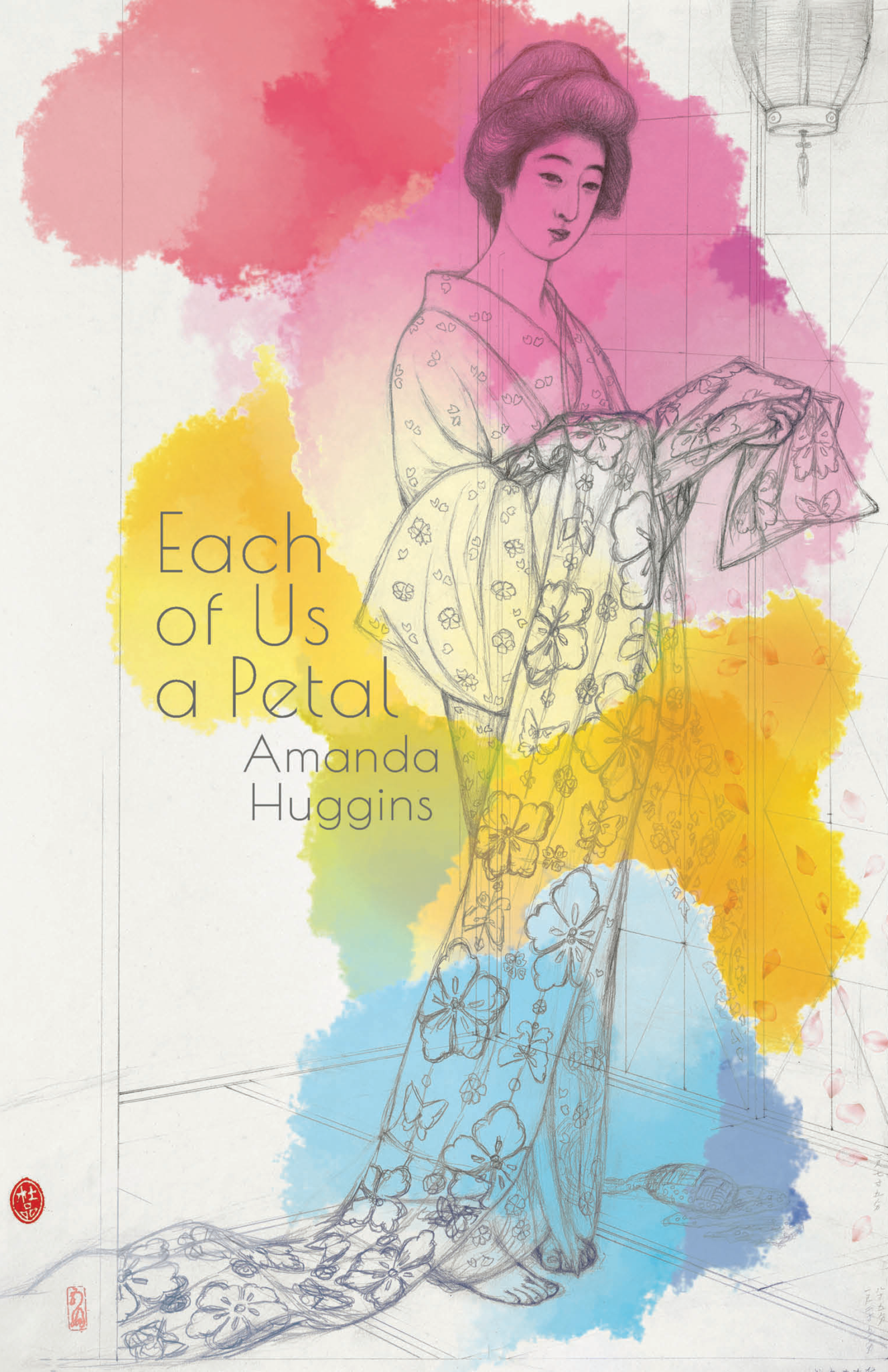A member of Writers in Kyoto, the author has won prizes and honorable mentions in the WiK Writing Competition, and her work has been included in WiK anthologies. (A short bio follows the review.)
The present book is a collection of 19 short stories, romantic, spiritual and full of small details of life in Japan. There is a foreword, “Touching Japan,” in which the author tells a little about her connection with Japan and also says by way of introduction to the stories, “lonely characters are estranged from their usual lives, navigating the unfamiliar while trying to make sense of the human condition of their landscapes.” As a person who has written a short story collection myself, I know that a theme does emerge for the entire collection, whether deliberately chosen at the beginning, or organically when the collection is complete. There is also a glossary of Japanese words at the end, and evocative photos of scenes in Japan are included throughout.
Many of the stories are of love – with spirits, with people lost to death or by cruel separations, or simply by walking away. Some of the love is what we might call illicit, but it is always about human beings coming together, driven by their needs and individual agendas.
Most of the stories are set in urban Japan, though some are from other, far-flung places like Berlin, a small town in a stormy Northern UK coastal region, or small villages in Japan like Onokatsu in Shikoku.
It seems to be a device used often by the author, that many stories have endings which require effort or filling in by the reader – in fact, some of them seem unfinished. The subtle way in which she involves the reader is interesting and pulls you along in the book, wondering how the next story will end.
There are surprising images. One I particularly noticed was in the story of a wife and husband who had lost their baby. “At random moments [grief] would rear up unexpectedly with a clatter of hooves. When it did, it was deafening.” This story, “An Unfamiliar Landscape”, is based on noise – the noises inside the head of the narrator and the clamor of urban life in Tokyo, where she and her husband have ended up after a job transfer, and where she searches for silence in various places. It is interesting how an author can choose a sense that pervades a story, other than the sense of sight, which takes precedence in many stories one reads.
Some of the stories have an intimate connection to WiK. “Sparrow Footprints” was written especially for the annual Writers in Kyoto writing competition (2020), where it won second prize and was included in the 5th Anthology. “The Knife Salesman from Kochi” appeared in a shortened form (flash fiction) for the WiK writing competition (2023), and won the Mayoral Prize in that competition. It will appear in the next WiK anthology.
The stories are all rich in detail and move backward and forward in time, following the memories of the narrators. It is possible to follow the lives of many human beings – foreign and Japanese, traditional inn employees and modern single mothers, salarymen in the bath and a drunken woman in a restaurant.
I could not end this review better than with the author’s own words in the final paragraph of the Foreword, “… it is the people, landscape, and culture of Japan which continue to influence and inspire the aesthetic and sensibility of my writing… That said, I claim to understand nothing more than what it feels like to be human, whoever and wherever we are, and I hope that you will forgive me for sometimes writing about a Japan which exists only in my imagination.”
*********************
Following is a short bio of the author.
Amanda Huggins is the author of the novellas All Our Squandered Beauty and Crossing the Lines as well as six collections of short stories and poetry. Her work has been published by Harper’s Bazaar, Mslexia, Popshot, Tokyo Weekender, The Telegraph, Traveller, Wanderlust, the Guardian and many others. Three of her flash fiction stories have also been broadcast on BBC radio.
She has won numerous awards, including three Saboteur Awards for fiction and poetry, the Kyoto City Mayoral Prize, the Colm Toibin International Short Story Award, the H E Bates Short Story Prize and the BGTW New Travel Writer of the Year. She has placed in the Harper’s Bazaar Short Story Competition, the Costa Short Story Award, the Fish Short Story Prize and the Bath Flash Fiction Award, and been shortlisted for the Bridport Flash Prize and many others. Amanda lives in Yorkshire, England and works as a freelance editor.

